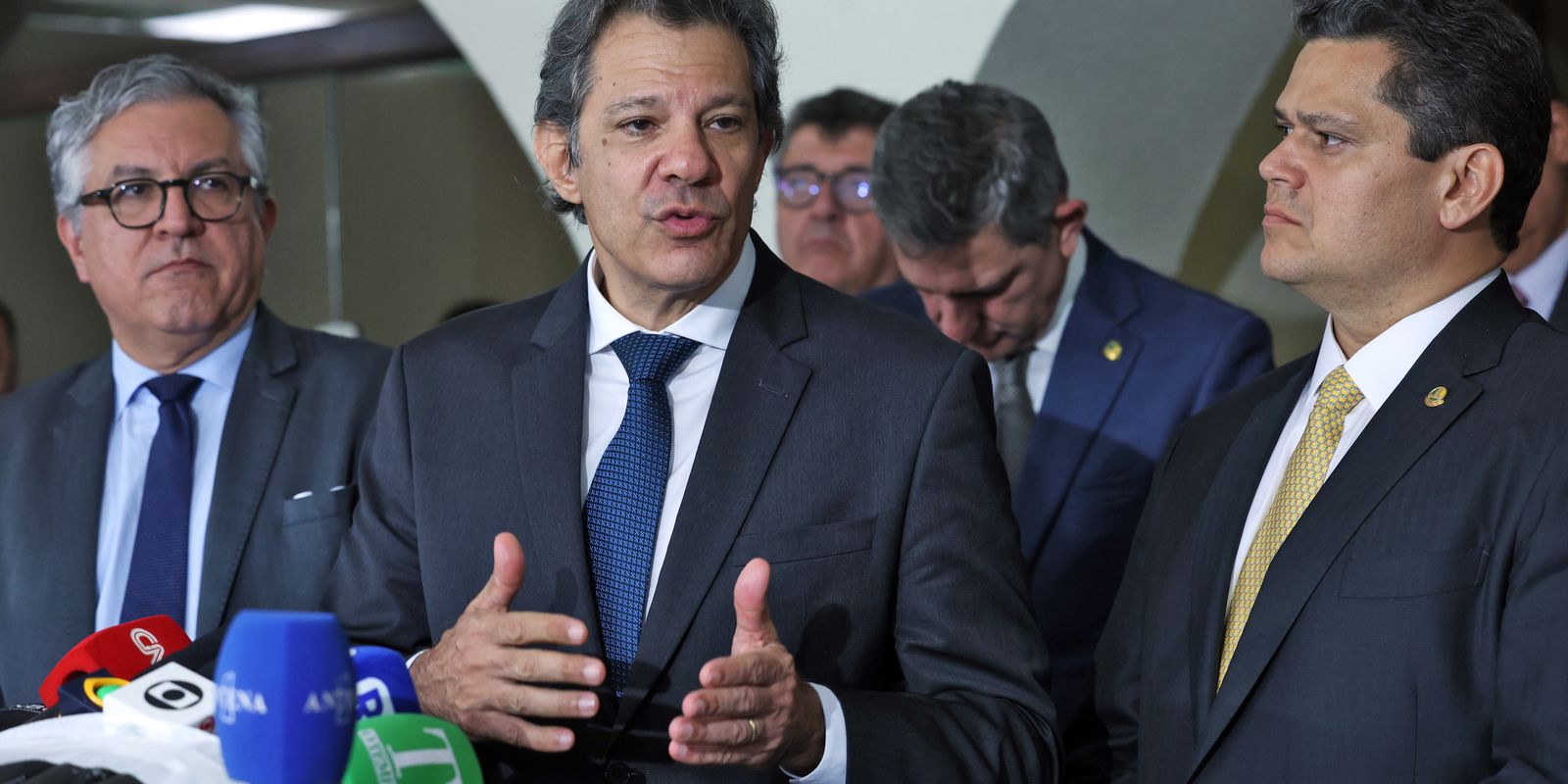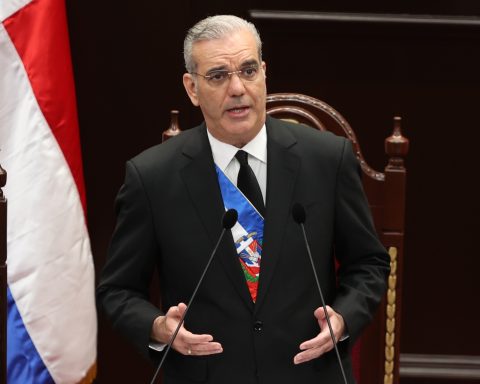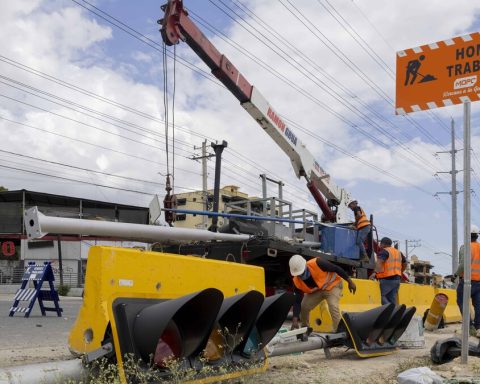Unilateral measures such as commercial tariffs imposed by US President Donald Trump are bad for the global economy, the Finance Minister Fernando Haddad said on Tuesday. According to him, the impact on the Brazilian economy has not yet been evaluated and the government is still giving up information to decide whether to react to the overlapping 25% of steel and aluminum imported by the United States.
“The assessment is that such unilateral measures are counterproductive for improving the global economy. The global economy loses with this, with this retraction, the unfolding that is happening. This does not mean defending the old globalization that brought other imbalances, but to defend a type of sustainable social globalization from the environmental point of view, ”said Haddad.
Haddad reported that the Ministry of Development, Industry, Commerce and Services (MDIC) is organizing information about Trump’s decision. According to the minister, the data on the impact on the Brazilian economy President Luiz Inacio Lula da Silva will be taken to President Luiz Inacio, who will make a decision.
Noting that the tariff on steel and aluminum are not only reflected on Brazil, Haddad said there is room for the Brazilian government to negotiate, based on the G20 guidelines (group of the 19 largest economies on the planet, plus European Union and African Union ).
“It is not a decision against Brazil. [A sobretaxação do aço e do alumínio] It’s a generic thing for everyone. So we observed the reactions of Mexico, Canada, China in this regard, ”said Haddad. “In line with what we proposed in the G20, we are imagining going back to the trading table with proposals in that direction. I think there is room then to negotiate. ”
The minister commented that Itamaraty is also participating in the discussions and that there is no assessments on the impacts on the Brazilian economy. Regarding the reactions of the aluminum and steel industries, Haddad reported that he should meet with the sectors affected by the tariff after returning from the trip to the Middle East, in this and next week.
CNI
In a note, the National Confederation of Industry (CNI) mourned Trump’s decision. According to the entity, the decision directly reaches the Brazilian industry because Brazil is the fourth largest exporter of iron and steel to the United States, a destination of 54% of foreign sales of both products.
The Confederation stressed that Brazil does not represent a commercial threat to the United States. “Business balance between countries has been favorable since 2008 to Americans, contrary to what happens between the US and Canada, China and Mexico. In 2024, Brazil exported US $ 40.4 billion and imported US $ 40.7 billion, ”the statement continued.
CNI said it will seek dialogue and negotiate alternatives to reverse the increase in tariffs. “The path of dialogue, therefore, is preferential to retaliation measures that can harm other productive sectors whose importation of US products is important for Brazilian production,” said CNI President Ricardo Alban, in the note.


















